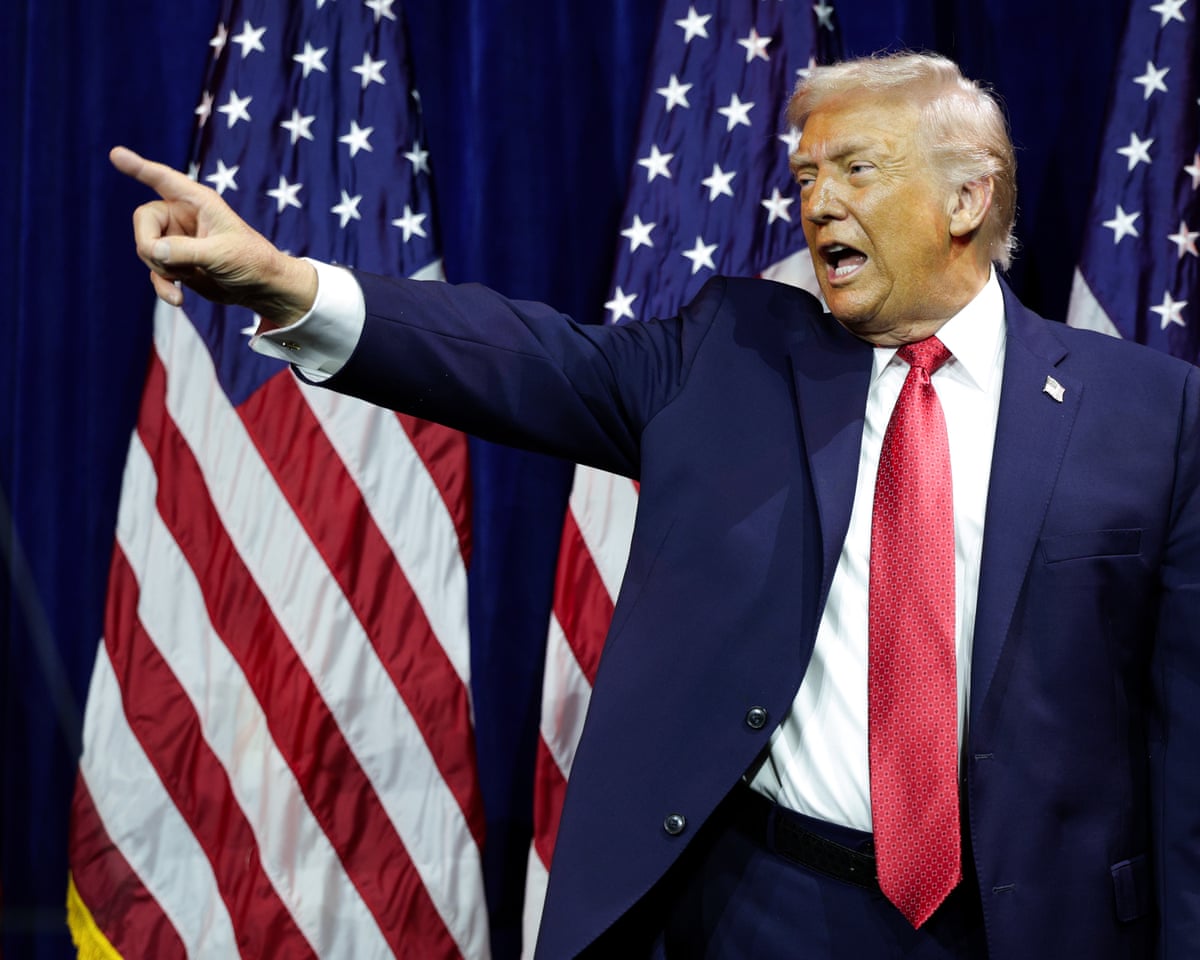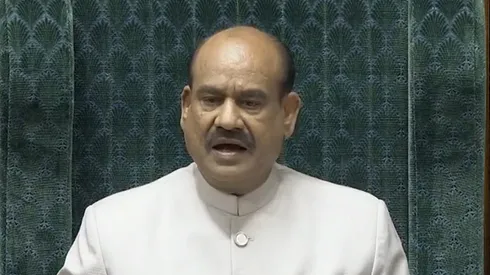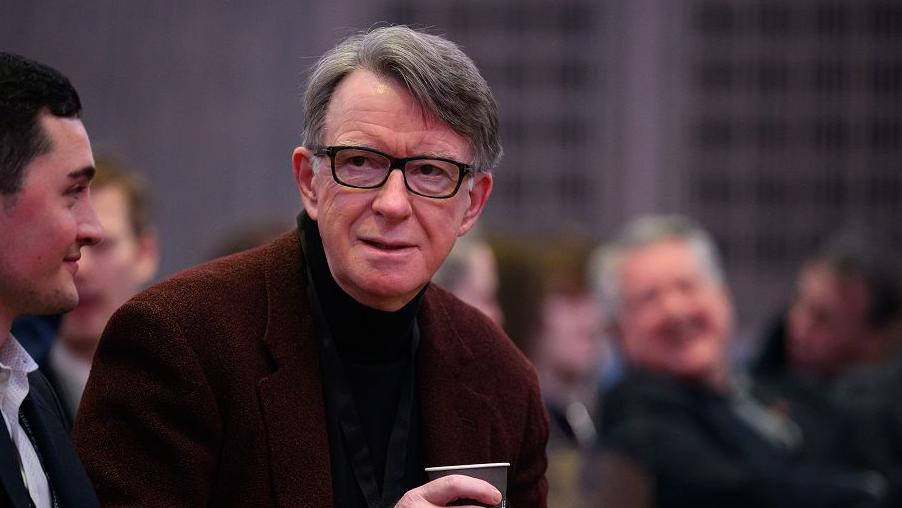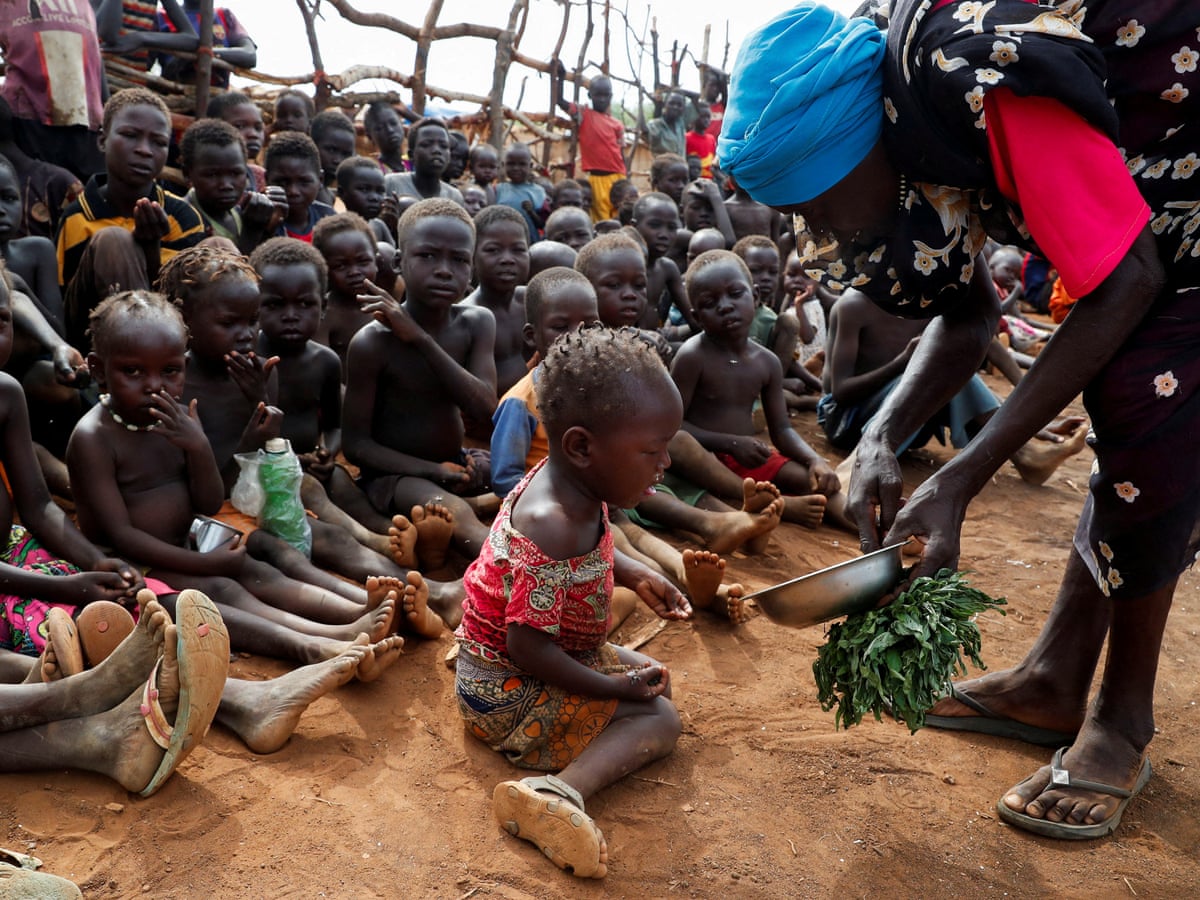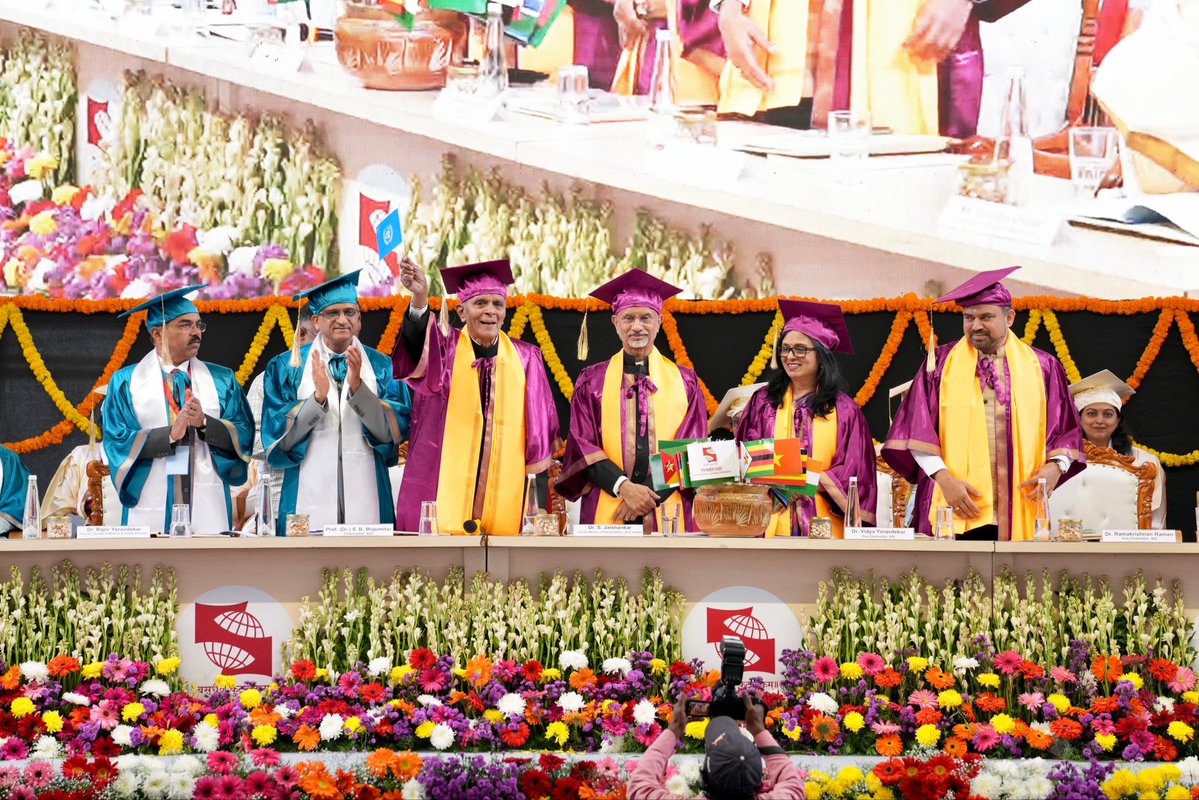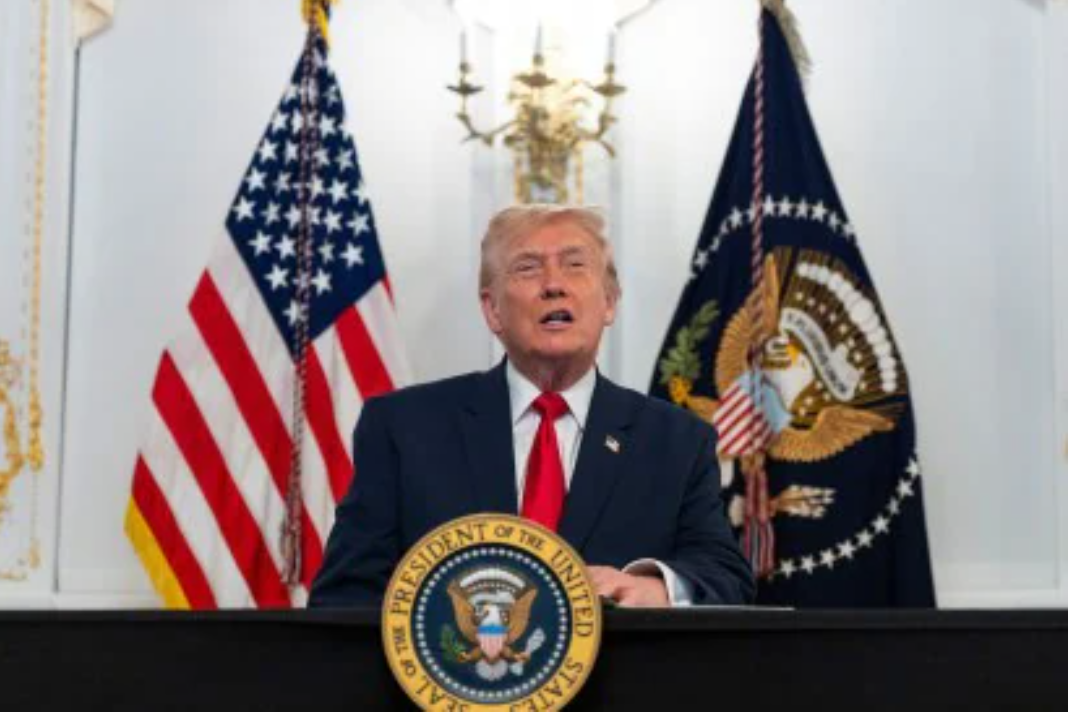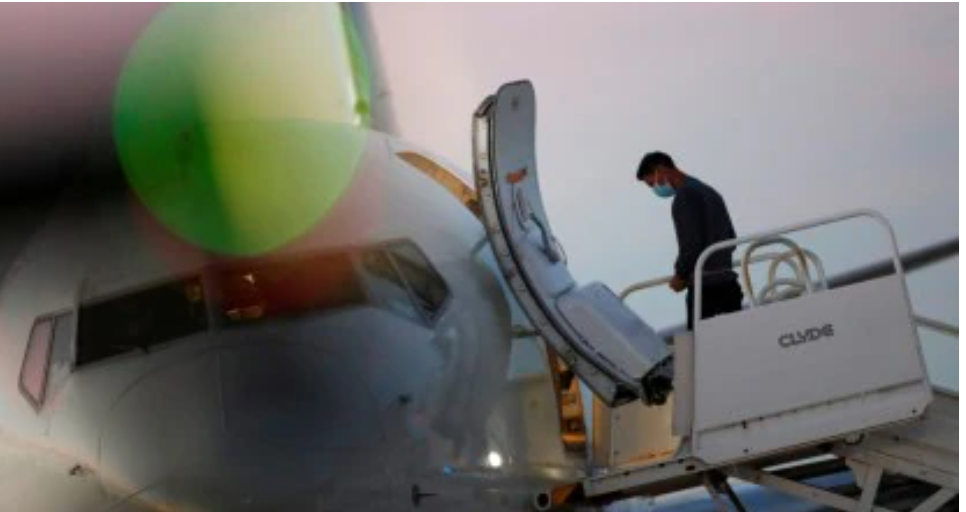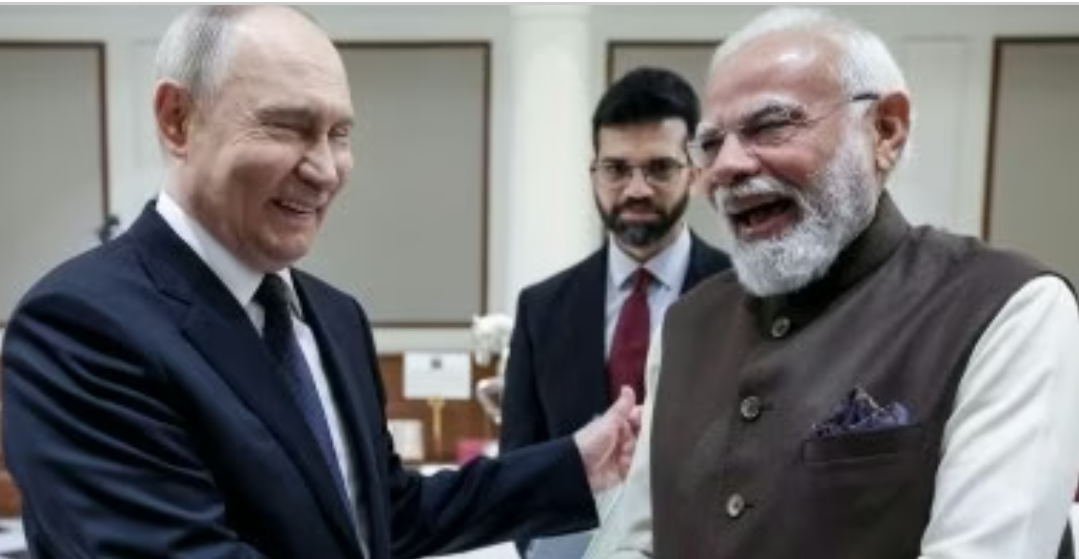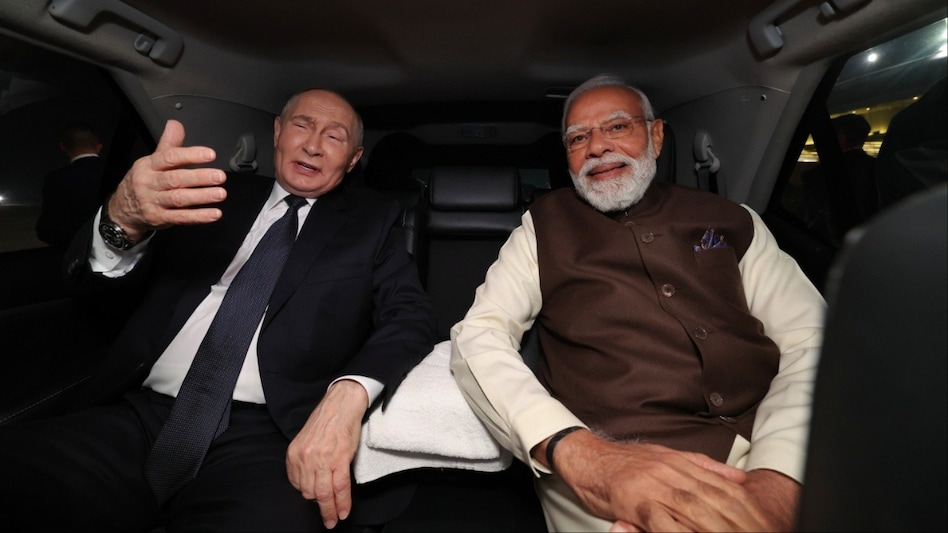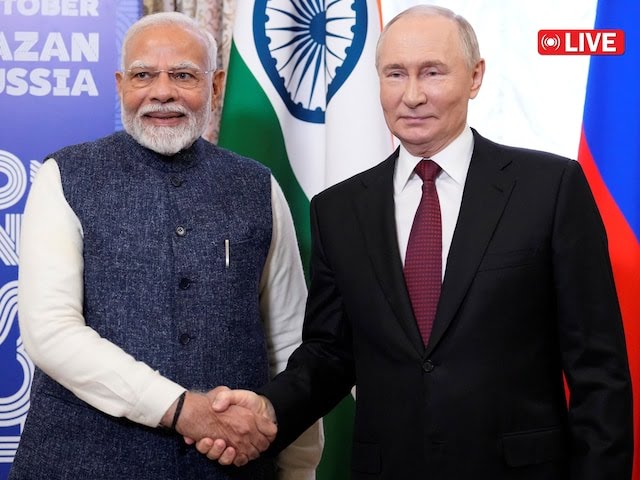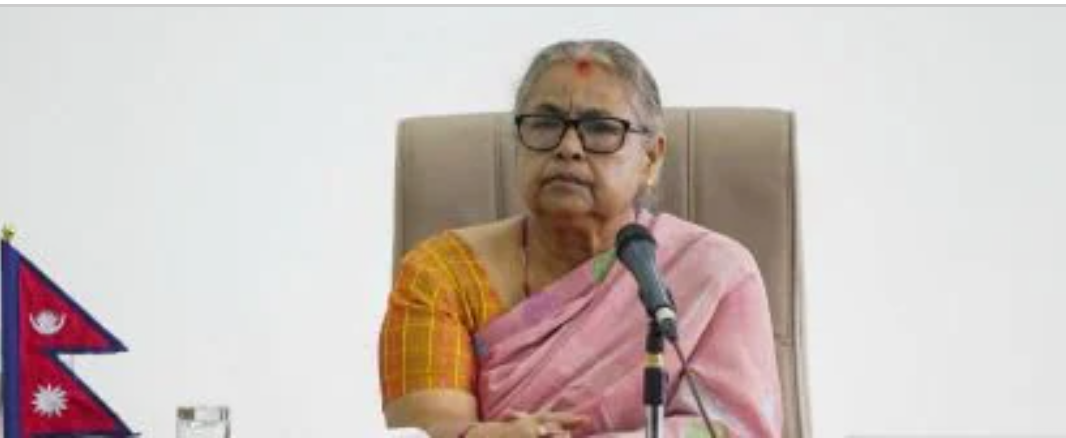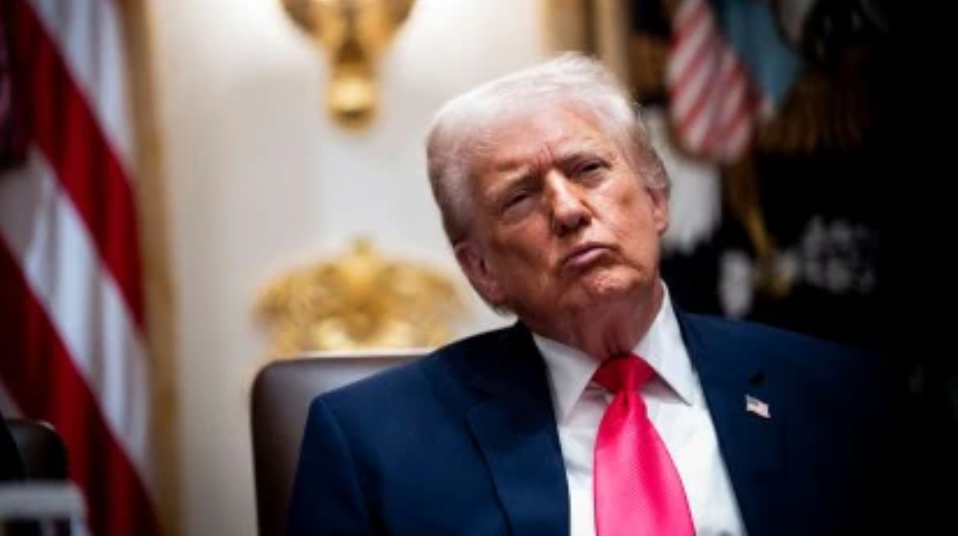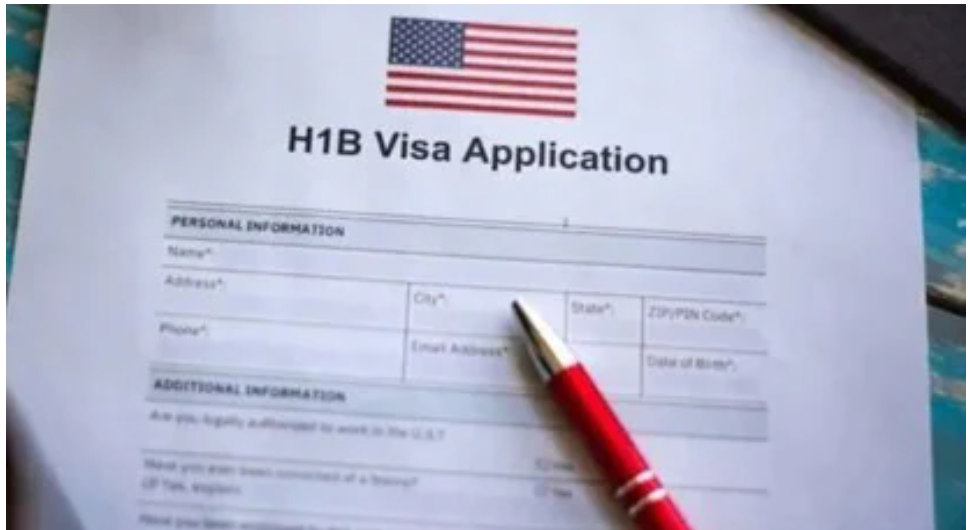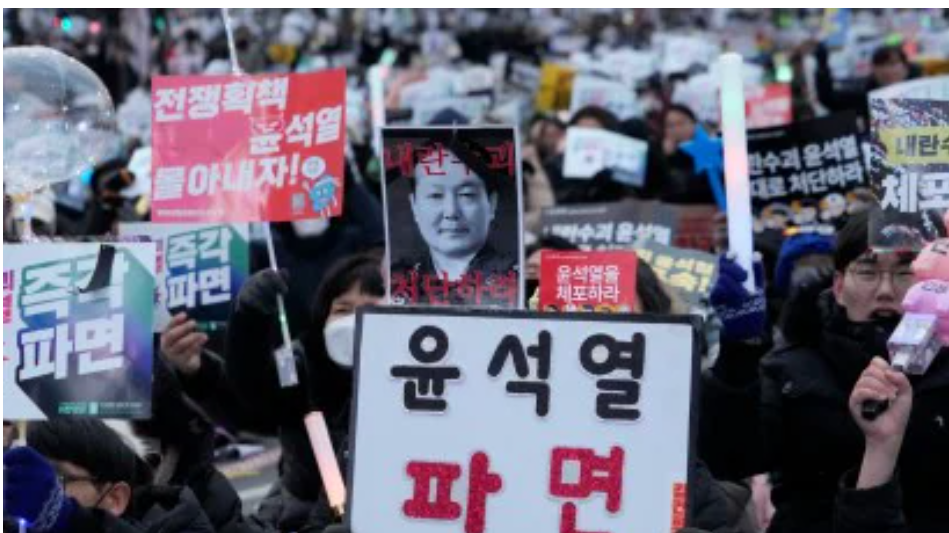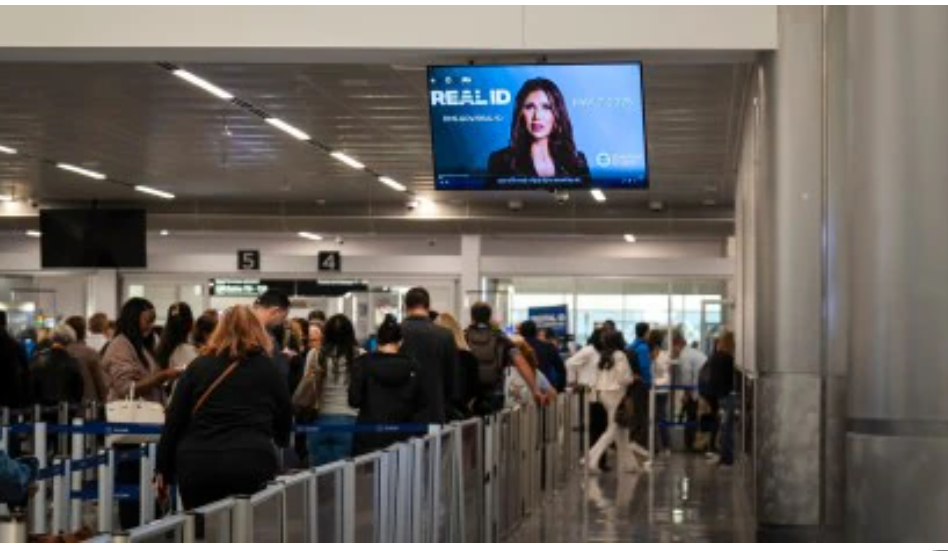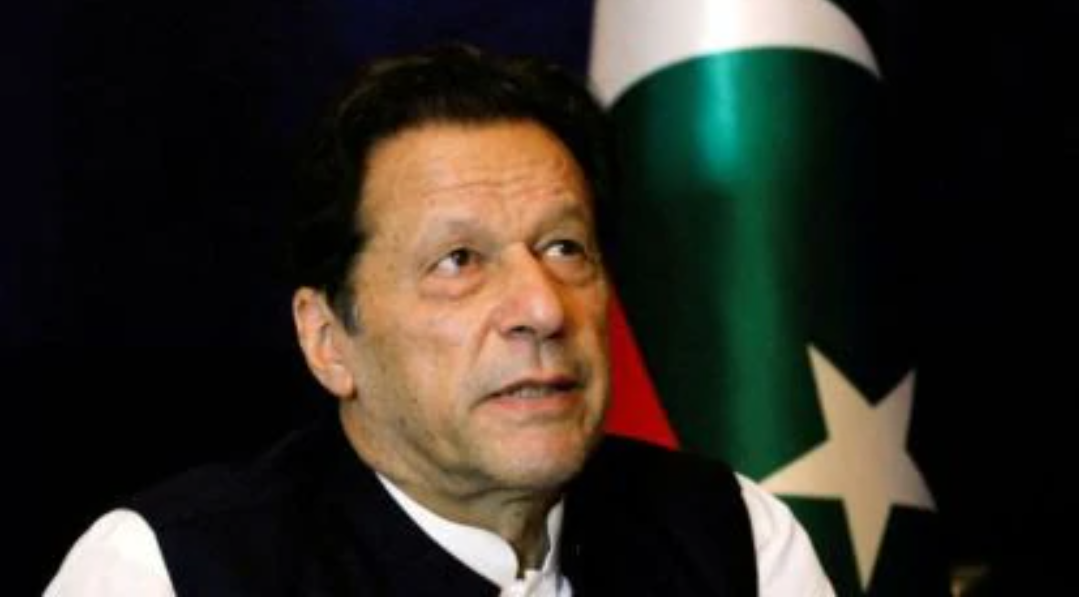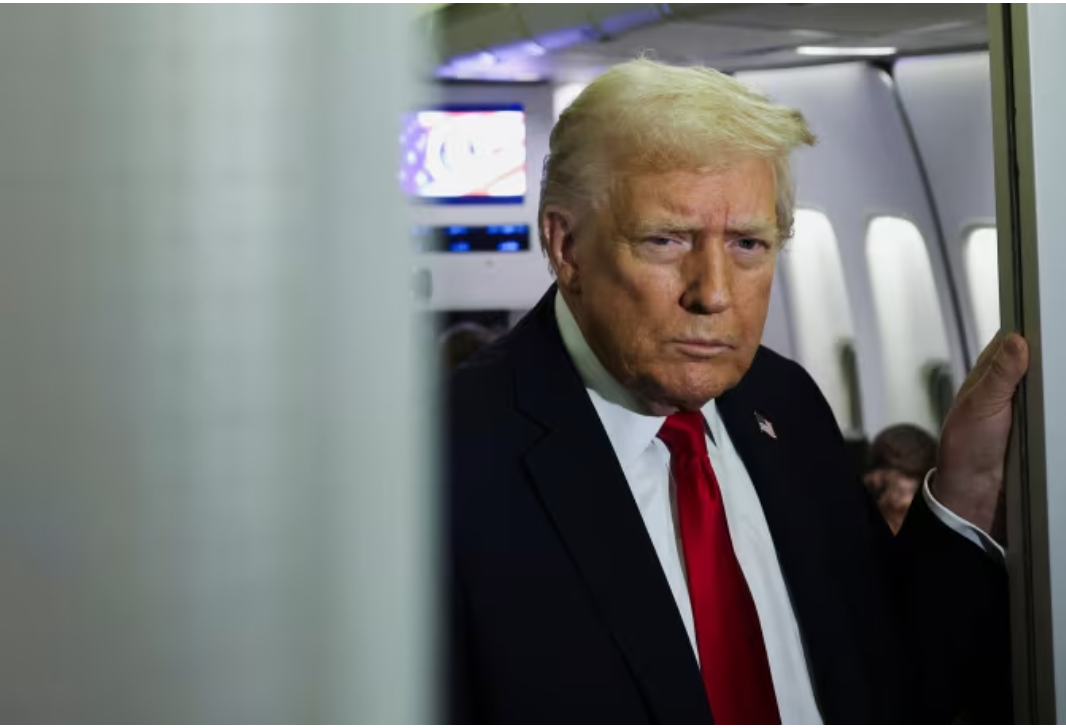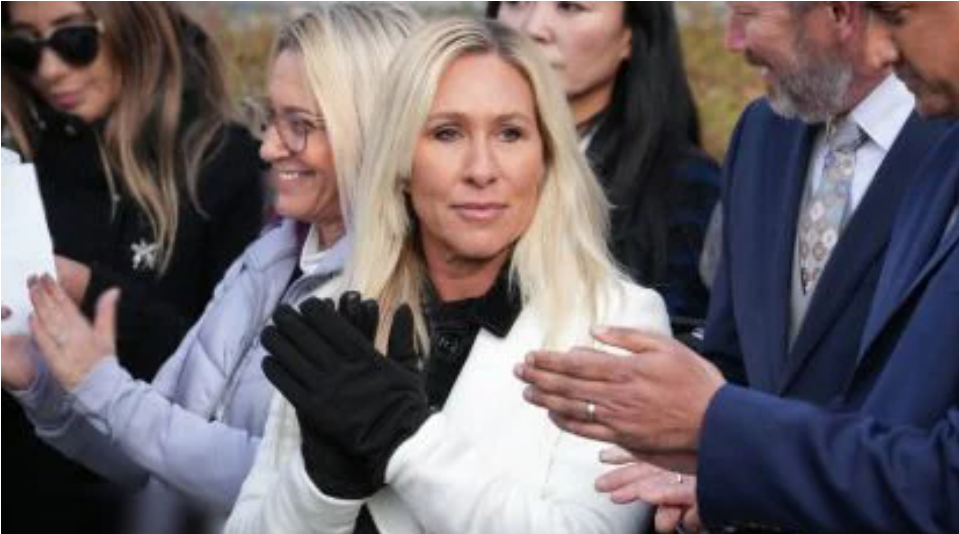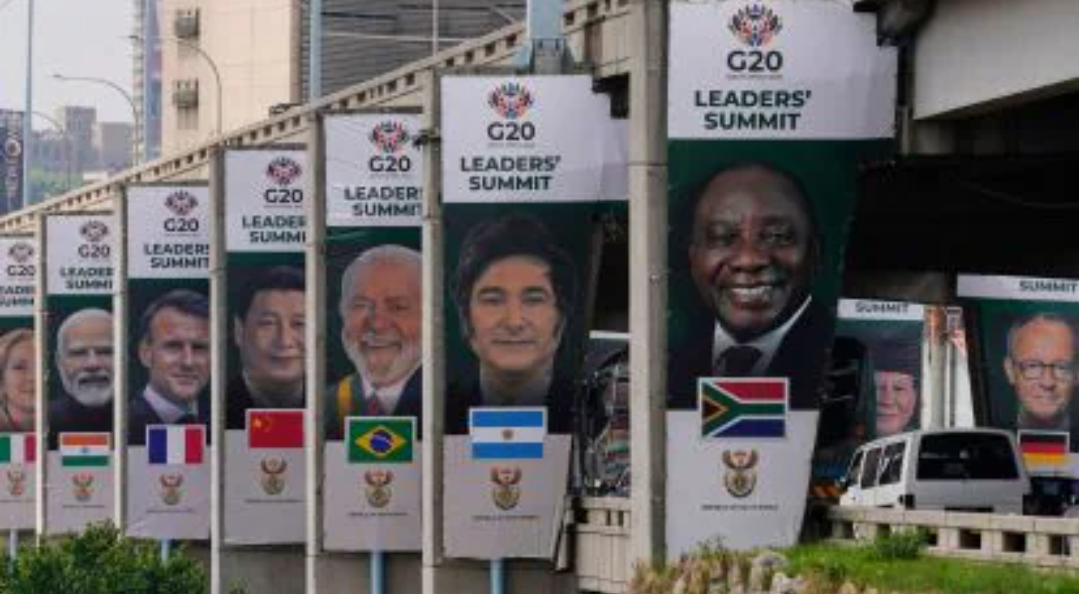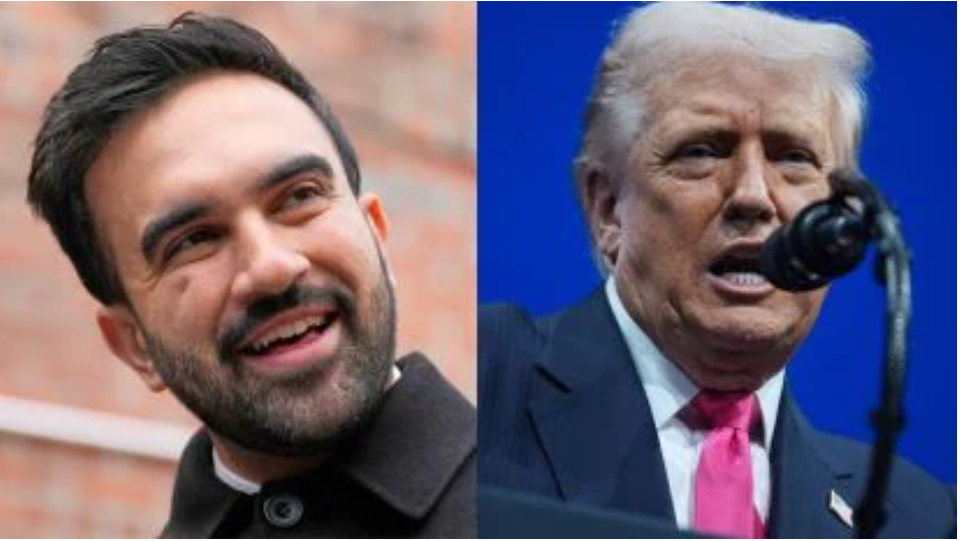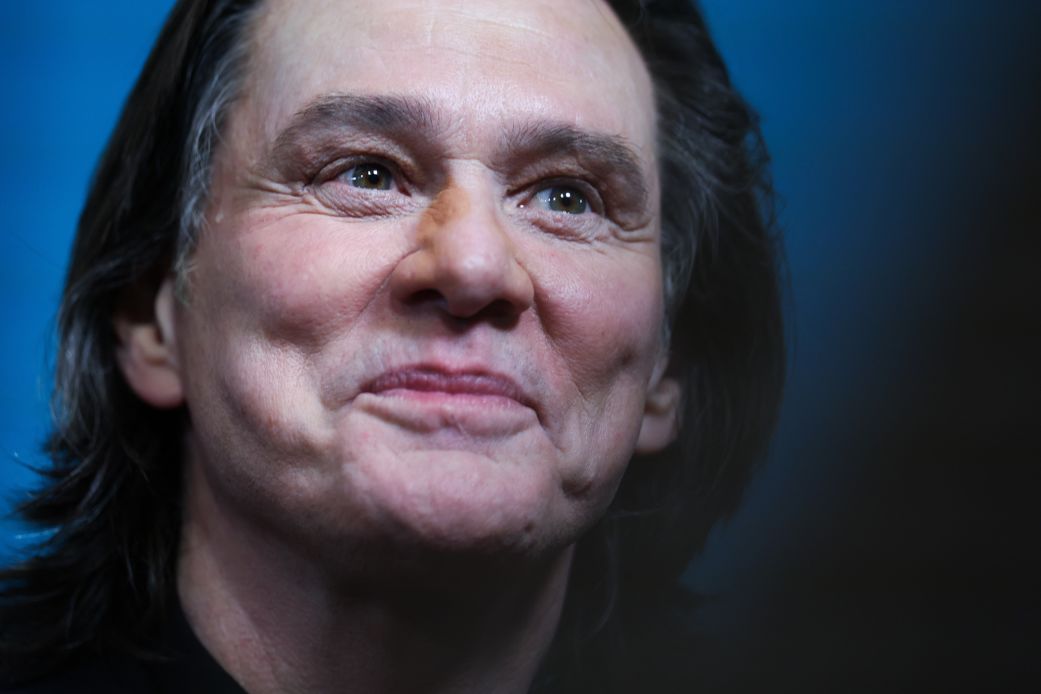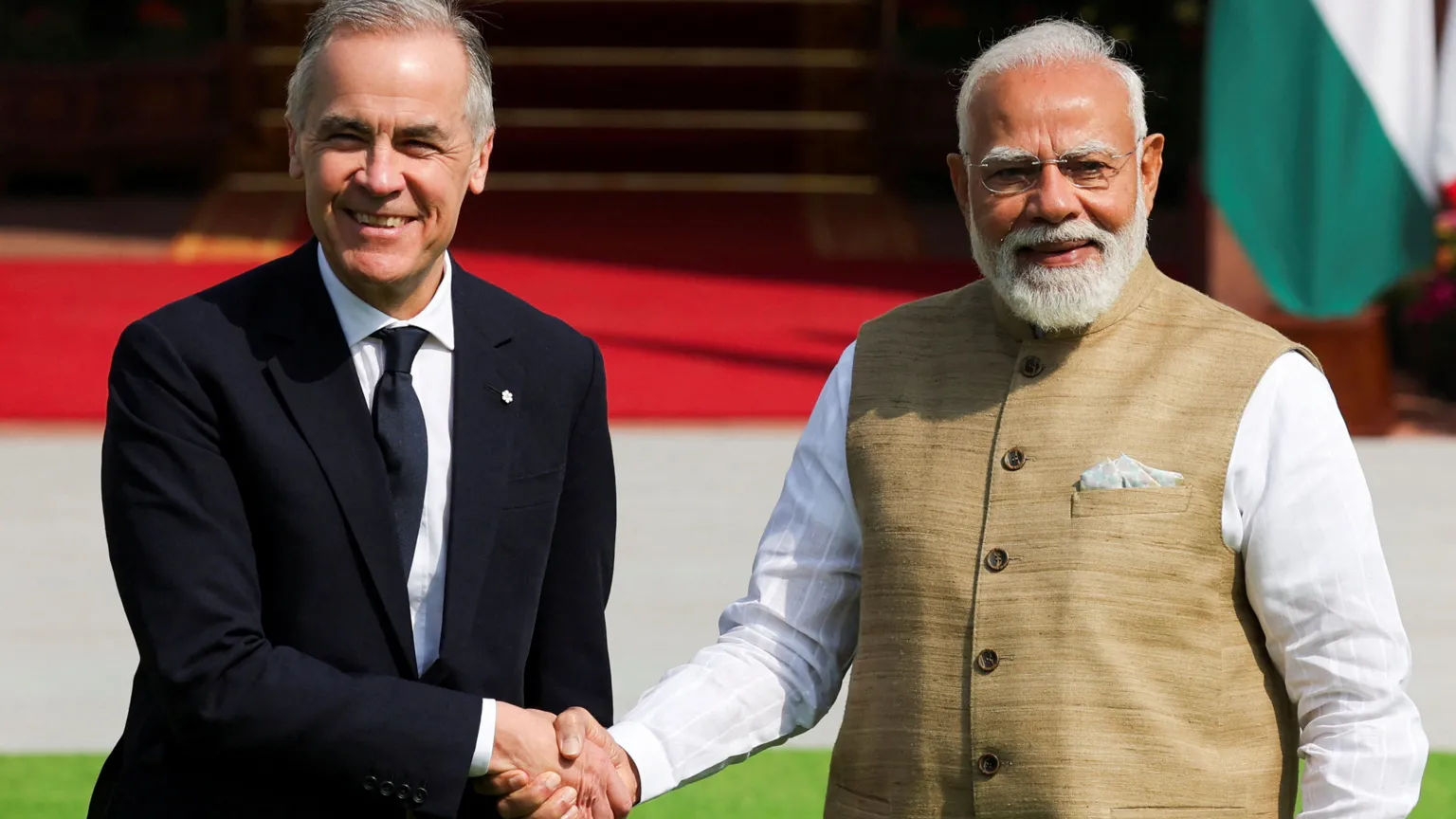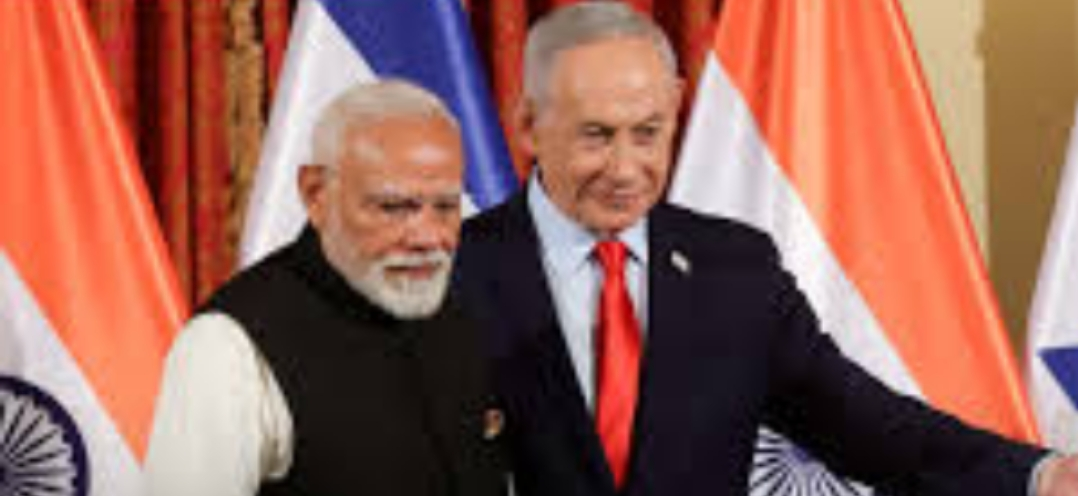By ATISH
Updated September 15, 2025, 12:45 PM EDT | Doha, QatarIn a fiery rebuke that echoed across the Arab world, Qatar’s Prime Minister Sheikh Mohammed bin Abdulrahman Al Thani called on the international community to dismantle “double standards” and impose severe punishments on Israel for its brazen airstrike on Doha last week. Speaking at a high-stakes preparatory meeting for an emergency Arab-Islamic summit, the Qatari leader framed the attack as a direct assault on sovereignty and a catalyst for unchecked Israeli aggression in the region. The summit, convening today in Doha’s opulent convention center, brings together leaders from across the Muslim and Arab worlds in a rare display of unity. It’s a direct response to the September 9 airstrike, where Israeli fighter jets unleashed 10 missiles on a residential compound in Doha’s upscale Leqtaifiya district, targeting senior Hamas officials amid delicate ceasefire talks. The strike, which Qatar described as a violation of its territorial integrity, killed six people—including the son of Hamas chief negotiator Khalil al-Hayya, a Qatari internal security officer, and several Hamas affiliates—while injuring civilians and shattering the Gulf nation’s aura of neutrality.
The summit, convening today in Doha’s opulent convention center, brings together leaders from across the Muslim and Arab worlds in a rare display of unity. It’s a direct response to the September 9 airstrike, where Israeli fighter jets unleashed 10 missiles on a residential compound in Doha’s upscale Leqtaifiya district, targeting senior Hamas officials amid delicate ceasefire talks. The strike, which Qatar described as a violation of its territorial integrity, killed six people—including the son of Hamas chief negotiator Khalil al-Hayya, a Qatari internal security officer, and several Hamas affiliates—while injuring civilians and shattering the Gulf nation’s aura of neutrality. “This is not just an attack on Qatar; it’s an assault on peace efforts and the rules of international law,” Sheikh Mohammed declared to assembled foreign ministers on Sunday, his voice steady but laced with indignation. “The time has come for the international community to stop using double standards and to punish Israel for all the crimes it has committed. What is encouraging Israel to continue this war of extermination in Gaza is the silence, the inability to hold it accountable.”The Israeli operation, dubbed a “precise strike” by the Israel Defense Forces (IDF), aimed to decapitate Hamas’s political leadership as they huddled over a U.S.-backed ceasefire proposal for Gaza.Hamas confirmed the leaders survived but decried the deaths as “martyrdoms” that would only harden their resolve. The group, exiled to Qatar since 2012, has long used Doha as a base for diplomacy, brokering two fragile ceasefires in the ongoing Gaza war that erupted after its October 7, 2023, assault on Israel, which killed 1,200 and took 251 hostages.Israel’s Prime Minister Benjamin Netanyahu defended the move as a “wholly independent operation” targeting architects of the October 7 massacre, insisting it was justified amid renewed Palestinian attacks, including a deadly Jerusalem bus stop shooting claimed by Hamas.Yet, the strike’s fallout has rippled far beyond the smoldering ruins next to a Woqod petrol station, where smoke billowed over residential streets guarded by Qatar’s elite Emiri Guard.Even in Washington, the strike drew a rare public scolding from President Donald Trump, a staunch Israeli ally. In a Truth Social post, Trump lambasted Netanyahu for the “unnecessary escalation,” warning it jeopardized fragile Gaza talks and U.S. interests in the Gulf.The White House, which hosts the largest U.S. military base in the region at Qatar’s Al Udeid Air Base, expressed “disapproval,” noting the unilateral action “does not advance Israel or America’s goals.” Trump, who dined with Sheikh Mohammed just days before the attack on September 12, swiftly dispatched Secretary of State Marco Rubio to Jerusalem in a bid to mend fences—though critics see it as a tepid gesture amid mounting regional fury.The U.N. Security Council weighed in late Sunday with a resolution condemning the “strikes on Qatar” without naming Israel, a move that drew accusations of Western bias from Arab delegates.The European Union echoed the sentiment, slamming the attack as a “breach of international law” that risks broader escalation, while Japan and Pakistan urged Israel to return to the negotiating table.Saudi Arabia, Qatar’s neighbor and sometime rival, labeled it a “brutal aggression” and sent Crown Prince Mohammed bin Salman to Doha earlier this week in a show of Gulf solidarity.Today’s summit, expected to draw over 50 nations, features a powerhouse lineup: Iranian President Masoud Pezeshkian, fresh from Tehran’s own saber-rattling; Iraqi Prime Minister Mohammed Shia al-Sudani; Turkish President Recep Tayyip Erdogan, whose foreign minister Hakan Fidan warned Al Jazeera that Israel’s actions signal “expansionism” beyond Palestine; and Palestinian Authority President Mahmoud Abbas, who arrived in Doha Sunday amid chants of defiance.Whether Saudi Crown Prince Mohammed bin Salman attends remains a question mark, but his recent visit underscores the gathering’s potential to reshape alliances.At stake is a draft resolution, per Qatar’s foreign ministry spokesman Majed al-Ansari, that would brand the strike a “direct assault on the State of Qatar” and demand sanctions, accountability mechanisms, and an immediate Gaza ceasefire.Hamas politburo member Bassem Naim voiced hope for a “decisive and unified Arab-Islamic position,” one that could pressure Washington to “rein in Israel,” as Harvard’s Elham Fakhro predicted. “Gulf states will seek stronger U.S. security guarantees,” she told America News World, arguing the attack exposes flaws in current alliances and erodes America’s credibility as a mediator.Paris-based Middle East expert Karim Bitar called the summit a “litmus test” for leaders weary of toothless communiques. “Constituents are sick and tired of the old style,” he said. “They want a signal to Israel and the U.S. that the blank check is expired.”Qatar, a pint-sized powerhouse with vast natural gas reserves and a knack for shuttle diplomacy, finds itself at the epicenter. Alongside the U.S. and Egypt, it has mediated Gaza talks since the war’s outset, facilitating aid and prisoner swaps. But the strike—executed without prior Qatari notification, despite a last-minute U.S. tip-off that arrived amid explosions—has torched that trust. Funerals for the victims drew thousands to Doha’s Imam Muhammad ibn Abd al-Wahhab Mosque on September 11, with Emir Sheikh Tamim bin Hamad Al Thani in attendance, vowing justice.As delegates file into Doha’s halls under tight security, the air hums with urgency. Will this summit birth concrete actions—economic boycotts, U.N. referrals, or even military posturing—or fade into rhetoric? For Gaza’s 2 million souls enduring famine and bombardment, and for a region teetering on wider war, the answer could redefine the Middle East’s fault lines.In the broader context, Israel’s multi-front campaign—from Yemen’s Houthis to Lebanon’s Hezbollah—has intensified since a brief 2025 ceasefire collapsed in March. Netanyahu’s government, facing domestic protests over hostages and war costs, views such strikes as existential necessities. Yet, as Fidan noted, “This is no longer just a Palestine-Israel issue—it’s Israeli expansionism threatening us all.”America News World will provide live updates from Doha as the summit unfolds. For now, Sheikh Mohammed’s words linger: Silence enables atrocity. The world, he implores, must choose sides—not with platitudes, but with punishment.
“This is not just an attack on Qatar; it’s an assault on peace efforts and the rules of international law,” Sheikh Mohammed declared to assembled foreign ministers on Sunday, his voice steady but laced with indignation. “The time has come for the international community to stop using double standards and to punish Israel for all the crimes it has committed. What is encouraging Israel to continue this war of extermination in Gaza is the silence, the inability to hold it accountable.”The Israeli operation, dubbed a “precise strike” by the Israel Defense Forces (IDF), aimed to decapitate Hamas’s political leadership as they huddled over a U.S.-backed ceasefire proposal for Gaza.Hamas confirmed the leaders survived but decried the deaths as “martyrdoms” that would only harden their resolve. The group, exiled to Qatar since 2012, has long used Doha as a base for diplomacy, brokering two fragile ceasefires in the ongoing Gaza war that erupted after its October 7, 2023, assault on Israel, which killed 1,200 and took 251 hostages.Israel’s Prime Minister Benjamin Netanyahu defended the move as a “wholly independent operation” targeting architects of the October 7 massacre, insisting it was justified amid renewed Palestinian attacks, including a deadly Jerusalem bus stop shooting claimed by Hamas.Yet, the strike’s fallout has rippled far beyond the smoldering ruins next to a Woqod petrol station, where smoke billowed over residential streets guarded by Qatar’s elite Emiri Guard.Even in Washington, the strike drew a rare public scolding from President Donald Trump, a staunch Israeli ally. In a Truth Social post, Trump lambasted Netanyahu for the “unnecessary escalation,” warning it jeopardized fragile Gaza talks and U.S. interests in the Gulf.The White House, which hosts the largest U.S. military base in the region at Qatar’s Al Udeid Air Base, expressed “disapproval,” noting the unilateral action “does not advance Israel or America’s goals.” Trump, who dined with Sheikh Mohammed just days before the attack on September 12, swiftly dispatched Secretary of State Marco Rubio to Jerusalem in a bid to mend fences—though critics see it as a tepid gesture amid mounting regional fury.The U.N. Security Council weighed in late Sunday with a resolution condemning the “strikes on Qatar” without naming Israel, a move that drew accusations of Western bias from Arab delegates.The European Union echoed the sentiment, slamming the attack as a “breach of international law” that risks broader escalation, while Japan and Pakistan urged Israel to return to the negotiating table.Saudi Arabia, Qatar’s neighbor and sometime rival, labeled it a “brutal aggression” and sent Crown Prince Mohammed bin Salman to Doha earlier this week in a show of Gulf solidarity.Today’s summit, expected to draw over 50 nations, features a powerhouse lineup: Iranian President Masoud Pezeshkian, fresh from Tehran’s own saber-rattling; Iraqi Prime Minister Mohammed Shia al-Sudani; Turkish President Recep Tayyip Erdogan, whose foreign minister Hakan Fidan warned Al Jazeera that Israel’s actions signal “expansionism” beyond Palestine; and Palestinian Authority President Mahmoud Abbas, who arrived in Doha Sunday amid chants of defiance.Whether Saudi Crown Prince Mohammed bin Salman attends remains a question mark, but his recent visit underscores the gathering’s potential to reshape alliances.At stake is a draft resolution, per Qatar’s foreign ministry spokesman Majed al-Ansari, that would brand the strike a “direct assault on the State of Qatar” and demand sanctions, accountability mechanisms, and an immediate Gaza ceasefire.Hamas politburo member Bassem Naim voiced hope for a “decisive and unified Arab-Islamic position,” one that could pressure Washington to “rein in Israel,” as Harvard’s Elham Fakhro predicted. “Gulf states will seek stronger U.S. security guarantees,” she told America News World, arguing the attack exposes flaws in current alliances and erodes America’s credibility as a mediator.Paris-based Middle East expert Karim Bitar called the summit a “litmus test” for leaders weary of toothless communiques. “Constituents are sick and tired of the old style,” he said. “They want a signal to Israel and the U.S. that the blank check is expired.”Qatar, a pint-sized powerhouse with vast natural gas reserves and a knack for shuttle diplomacy, finds itself at the epicenter. Alongside the U.S. and Egypt, it has mediated Gaza talks since the war’s outset, facilitating aid and prisoner swaps. But the strike—executed without prior Qatari notification, despite a last-minute U.S. tip-off that arrived amid explosions—has torched that trust. Funerals for the victims drew thousands to Doha’s Imam Muhammad ibn Abd al-Wahhab Mosque on September 11, with Emir Sheikh Tamim bin Hamad Al Thani in attendance, vowing justice.As delegates file into Doha’s halls under tight security, the air hums with urgency. Will this summit birth concrete actions—economic boycotts, U.N. referrals, or even military posturing—or fade into rhetoric? For Gaza’s 2 million souls enduring famine and bombardment, and for a region teetering on wider war, the answer could redefine the Middle East’s fault lines.In the broader context, Israel’s multi-front campaign—from Yemen’s Houthis to Lebanon’s Hezbollah—has intensified since a brief 2025 ceasefire collapsed in March. Netanyahu’s government, facing domestic protests over hostages and war costs, views such strikes as existential necessities. Yet, as Fidan noted, “This is no longer just a Palestine-Israel issue—it’s Israeli expansionism threatening us all.”America News World will provide live updates from Doha as the summit unfolds. For now, Sheikh Mohammed’s words linger: Silence enables atrocity. The world, he implores, must choose sides—not with platitudes, but with punishment.
Discover more from AMERICA NEWS WORLD
Subscribe to get the latest posts sent to your email.


